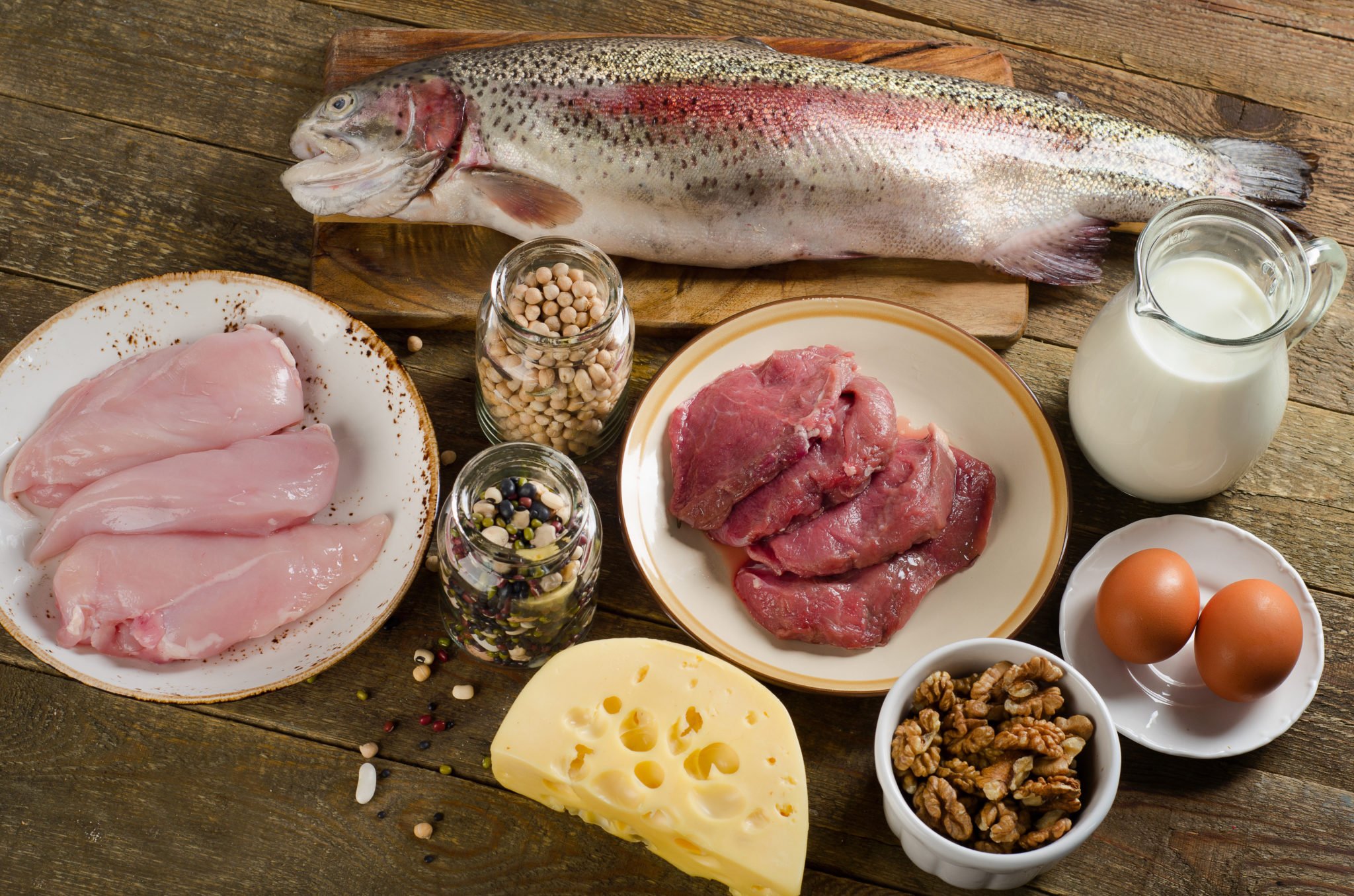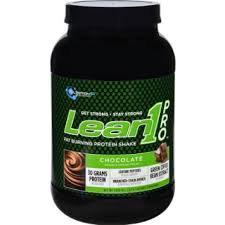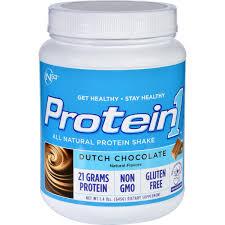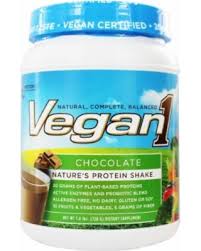Protein is another very important macronutrient vital for the body. Macronutrients are substances that our organisms need in major amounts, which provide energy and allow us to survive and develop. Along with proteins, carbohydrates and fats should be components of your diet in order to allow your body to thrive.
Proteins are essential components of all living cells and have diverse functions. They can form enzymes, hormones, antibodies, and structures. There are twenty standard amino acids which can be biosynthesized by most organisms. Yet, amino acids that humans can’t synthesize are called essential amino acids (phenylalanine, valine, threonine, tryptophan, methionine, leucine, isoleucine, lysine, and histidine), which should be obtained through diet.
Why do you Need Protein
Proteins are multifaceted compounds that have diverse roles:
- Some proteins are enzymes that increase the rate of biochemical reactions necessary for metabolism and DNA processes.
- Others are involved in the process of transmitting signals within cells.
- Some proteins are antibodies, which are part of the immune system and bind antigens (foreign substances) to destroy them.
- Hemoglobin is a molecule binding protein that transports oxygen through the body.
- Lectins are carbohydrate-binding proteins that remove glycoproteins from the circulatory system, regulate cell adhesion and recognition, and regulate inflammatory and reactive process in the immune system.
- Structural proteins give rigidity to diverse internal structures. For instance, collagen, cartilage, and elastin are connective tissues. Keratin is a part of hair, nails, feathers, and shells. Actin and tubulin make up cytoskeletons.
- Motor proteins (myosin, kinesin, and dynein) generate mechanical forces.
Do you Want to Lose Body Fat and have a Great Body?
Increasing your protein intake can help to accelerate your metabolism and reduce your appetite, as well as hormonal dysfunction. Eating protein also can keep you full longer, helping you to avoid overeating. In turn, your body burns more fat. Additionally, higher protein intake helps you to gain and maintain precious muscle mass, molding a beautiful physique.
Best Proteins to Consume

- Red Meat: It is, generally, the skeletal muscle of mammals (cattle, bison, and lamb, etc.). Red meat consists roughly of 19 percent protein but is somewhat high in calories. It is a complete protein and contains all essential amino acids, along with zinc, vitamin B, iron, choline, riboflavin, phosphorus, niacin, vitamin K, and selenium. If you eat red meat, try to consume it a few times a week since it is very hard to digest and has been linked to colon cancer. Always buy organic grass-fed meat.
- White Meat: It refers to the meat from poultry and pigs. It has less calories and less saturated fat. Yet, white meat has a higher protein value than red meat and is also less costly. Buy antibiotic-free organic pastured chicken, which is antibiotic and arsenic-free. If you eat pork, buy organic antibiotic-free or with Animal Welfare Approved /Certified Humane labels. Eat pork occasionally since the industry is plagued with disease.
- Fish: It is high in protein and very low on carbs. Some fish have an equal ratio of fat and protein, but the fat is highly beneficial Omega-3 fatty acids. When buying fish, avoid farm-raised fish, which has more pollutants and high levels of antibiotics and dioxin. Always choose wild caught, but avoid large fish such as tuna and shark due to high levels of mercury. Salmon, sardines, and anchovies are great choices since these fish are closer to the bottom of the food chain, having short life cycles. If you buy canned fish, buy those in BPA-free cans.
- Eggs: Egg protein is one of the highest quality protein found. It has amino acids tryptophan and tyrosine, lutein, zeaxanthin, choline, and vitamin B12. Eat the whole egg to ingest all the nutrients and heart-healthy omega 3 fats. Buy organic pastured eggs as the hens are free-roaming, raised on organic feed, which are not exposed to corn, soy, antibiotics, synthetic fertilizers, and pesticides.
- Whey Protein: A byproduct of milk, a part that is separated from the curd in the making of cheese. It is an excellent source of protein with numerous health benefits. Whey protein has been linked to healthy insulin secretion, helping balance blood sugar levels. It contains immunoglobulins, which keep your immune system working properly. It maximizes the production of glutathione, the most powerful antioxidant in your body that optimizes other antioxidants and removes toxins and free radicals. Buy organic whey protein from grass-fed hormone-free cows.
Vegetarian Sources
For those following a plant-based diet, there are various foods that can provide the essential amino acids needed by the body.
- Spirulina: This super-food is a form of blue-green algae with an excellent source of vital amino acids and minerals. Spirulina is around seventy percent complete protein while beef is around twenty percent. It is high in B vitamins, iron, and manganese. It is a powerful immune system booster, that also helps balance blood pressure and cholesterol. However, it is not recommended for those with iodine or severe seafood allergies.
- Hemp: Hemp seeds are not widely used as a food source but are highly nutritious. Hemp comes from the same plant species as marijuana, cannabis sativa, but does not have any mind-altering effects. As a matter of fact, hemp seeds are an excellent source of protein, providing all of the essential amino acids. Hemp protein has an amino acid profile comparable to meat and eggs, and it is highly digestible. It is rich in B vitamins, fiber, zinc, manganese, and essential fatty acids. It is beneficial for the heart, skin, and immune system.
- Tempeh: Fermented soy that gives you around 15 grams of protein per half cup. This form of soy does not have the negative effects associated with regular soy. On the contrary, tempeh is a great source of probiotics. It is, also, high in B vitamins, manganese, and phosphorous.
- Legumes: They are a source of complete protein, providing all essential amino acids. Legumes are high in folate, minerals, as well as carbohydrates. Beans, chickpeas, lentils, and peas are great choices. Peanuts have protein as well; they are actually a legume, not a nut. When preparing legumes, it is recommended to soak them overnight and to throw away the water from the first boil. This process helps get rid of their anti-nutrients and improves their nutritional value. Anti-nutrients (phytates, tannins, lectins, protease inhibitors, and calcium oxalate) are compounds that reduce the absorption of nutrients in the body and are associated with gas and indigestion.
- Quinoa: Highly nutritious gluten-free pseudo cereal grain. Quinoa provides all essential amino acids and gives you more than 8g of protein per cup. It is highly digestible, high in manganese, phosphorous, folate, iron, zinc, and magnesium.
- Nuts: Even though they are great sources of beneficial fat, they can also be a source of protein.They have around 6 grams of protein per serving. Some of the nuts with high protein value are almonds, cashews, and pistachios. Buy them organic and raw, not those with added salt or sugar.
- Chia Seeds: Great source of B vitamins, calcium, iron, magnesium, manganese, phosphorous, and zinc. Chia seeds are high in omega 3 fatty acids and provide around 5 grams of protein per oz.
Looking for a Protein Supplement?
Try Nutrition 53 protein products and meal replacements …Get lactose-free protein, with a fruit and veggie blend, digestive enzymes, and coffee bean extract to achieve the fat loss and muscle building goals you desire.



Do not be afraid to eat protein … Aim to consume at least 30% of your calories coming from protein!
To a Fitter Healthier You,
Adriana
The Fitness Wellness Mentor



